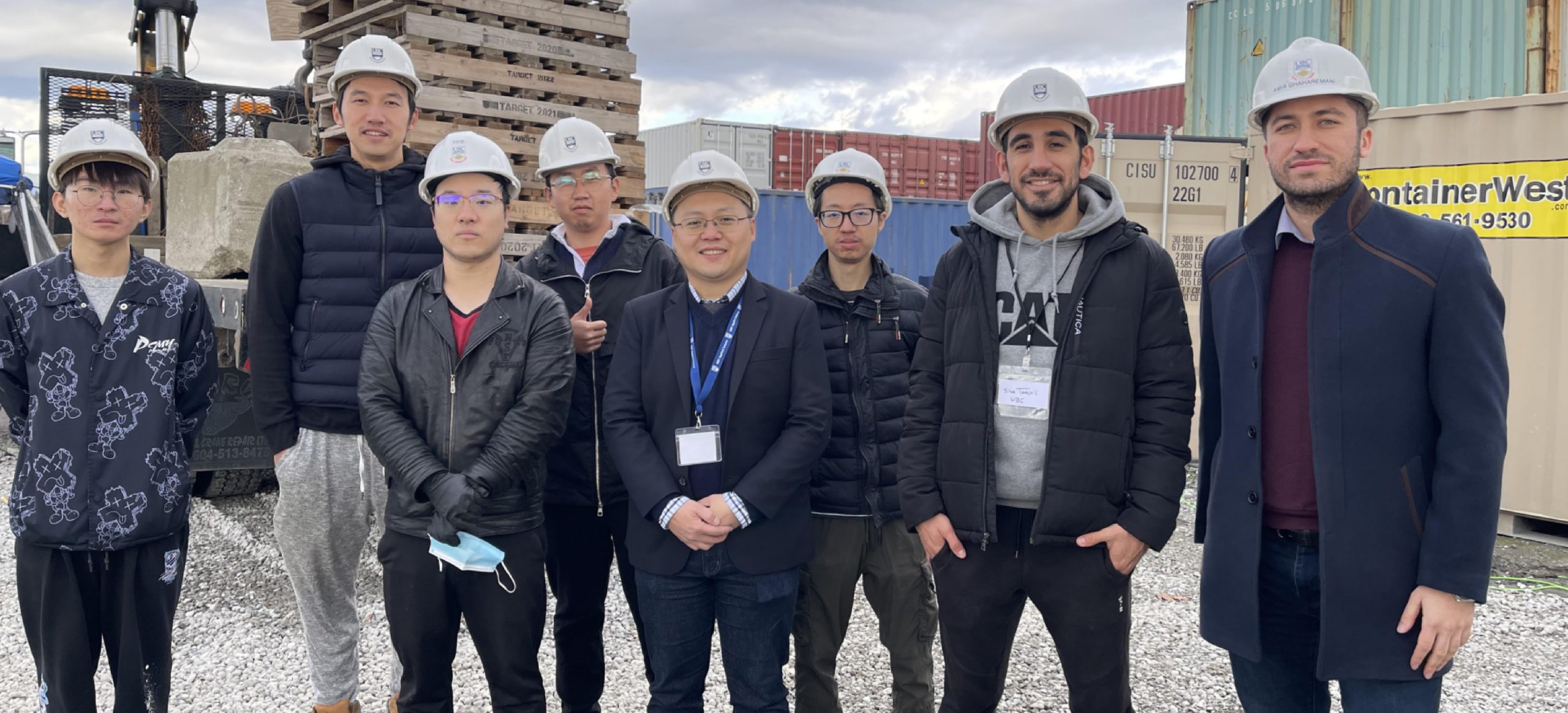Dr. Tony Yang, an associate professor at UBC Civil Engineering and the lead researcher at UBC Smart Structures, has been awarded $812,000 in industrial funding from Rogers, Mitacs, and NSERC to advance cutting-edge research in 5G-enabled smart construction, robotic automation, and AI-driven inspections. Over the next two years, this funding will fuel the development of innovative construction technologies that could revolutionize the industry.
At the heart of the project is the deployment of 5G networks to drive automation in construction processes. With high-speed, low-latency connections, 5G allows for real-time communication and control of large-scale machinery, such as cranes and hydraulic systems, from remote locations. This capability is essential for developing fully autonomous construction sites, where robotic algorithms can manage and operate machinery without human intervention.
This advancement is expected to significantly enhance the efficiency and safety of construction projects by accelerating building processes, improving on-site monitoring, and reducing human errors. “5G acts as the backbone of the Internet of Things (IoT) in construction, enabling faster, smarter, and safer construction environments,” said Dr. Yang.
Another key area of this research is the use of AI-powered robotic systems for building inspections and maintenance. These smart structures teams are developing autonomous robots and drones capable of navigating construction sites, inspecting buildings, and even assessing areas that are difficult or dangerous for humans to access.
The team has also built ground inspection robots equipped with AI algorithms that can evaluate building integrity and identify structural failures from the outside, reducing the need for internal assessments. Using satellite technology and autonomous navigation capabilities, these robots can conduct comprehensive inspections of both buildings and natural environments without the need for direct human involvement.
Rogers, one of the main funders, is particularly interested in the rapid construction aspects of the research. Their focus is on developing new structural systems that can be assembled quickly using automated processes, with minimal human intervention. The use of 5G networks will play a critical role in monitoring construction sites, providing a continuous data stream that can optimize processes, ensure safety, and accelerate the pace of construction.
In the next 5 to 8 years, Dr. Yang envisions fully autonomous construction sites operating across Canada and beyond, driven by AI, robotics, and 5G technology. This approach will not only streamline construction processes but also expand market opportunities beyond Canadian borders, offering new possibilities for international collaborations in smart construction technologies.
